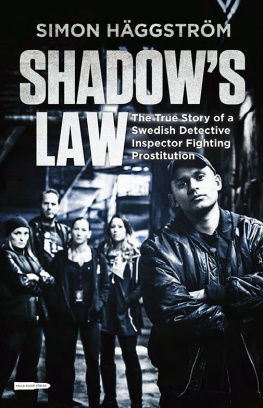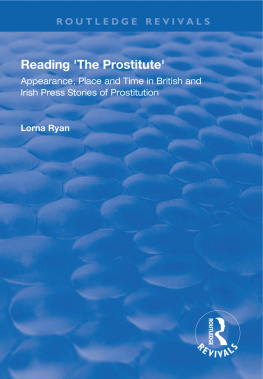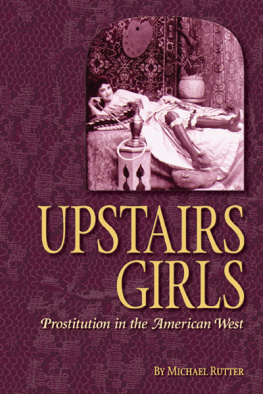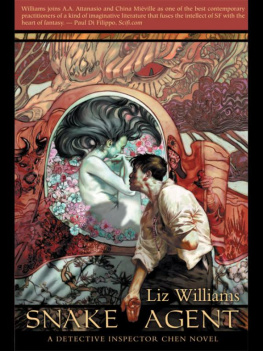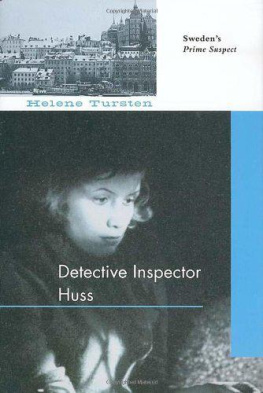
Bullet Point Publishing
www.bulletpointpublishing.se
Simon Hggstrm, 2016
First published in Sweden in 2015 by Kalla Kulor Frlag
Shadows Law
Original title: Skuggans lag
Translation: Selina berg
Cover design: Niklas Lindblad, Mystical Garden Design
Cover photo & author photo: Sofia kerstedt
Design: Pernilla Rosenlind
Distribution: SCB Distributors, 2016
ISBN: 978-91-88153-45-6
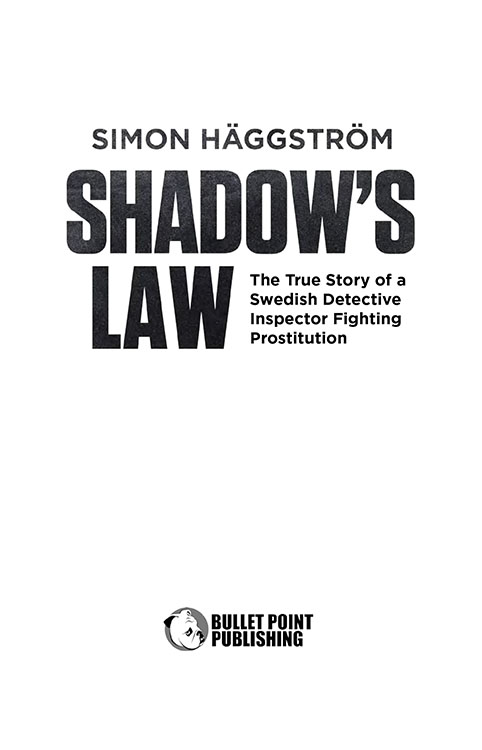
WE SAY THAT SLAVERY HAS VANISHED FROM EUROPEAN CIVILIZATION, BUT THIS IS NOT TRUE. SLAVERY STILL EXISTS, BUT NOW IT APPLIES ONLY TO WOMEN, AND ITS NAME IS PROSTITUTION.
Victor Hugo (18021885)
I want to dedicate this book to all the hundreds of women, men and children that I have met through my work. This is my attempt to describe your reality.
Simon Hggstrm
PREFACE TO THE ENGLISH EDITION
On the first of January 1999 Sweden chose to become the first country in the world to criminalise purchases of sex, but not the act of selling sex. The legislation was highly controversial and received a lot of attention both nationally and internationally. The Swedes were quickly deemed out of their minds and panicky moralists by those who voiced their criticism against the innovative Swedish way of confronting prostitution.
Today, the world is no longer laughing at us. Several countries have introduced legislation similar to the Swedish one and a few others are currently discussing the possibilities of introducing such legislation. In addition, the European Union has even concluded that prostitution is contrary to the notion of human dignity and the principle of human rights, and as a result a non-binding resolution has been approved where the member states are encouraged to decrease the demand for prostitution by punishing the sex buyers and not those who sell sex.
At first glance the Swedish legislation on purchase of sexual services may seem both strange and laborious. At least that is what I thought the first time I was introduced to it. I wondered, how can you possibly criminalise only one of the parties in a crime that involves at least two people? Imagine if we applied the same way of thinking to other types of crime and for example criminalised the person who bought narcotics but not the one who sold it. Surely that would appear highly unreasonable and very inconsistent.
However, the reasoning behind the Swedish prostitution legislation is neither particularly complicated nor hard to understand. The principal thought is that prostitution is harmful not only to the people involved in it but also to society as a whole. Why?
According to the Swedish way of thinking it cant possibly benefit the progress of equality and human rights in our society to allow humans in general, and women in particular, to be bought, sold and traded. When women are allowed to be reduced to commercial goods and even rated accordingly it affects citizens overall view on women.
The legislation on purchase of sexual services is certainly no moralistic law. Its purpose is not for the state to meddle with what people choose to do in the privacy of their own bedrooms. Neither is it a threat to sexual freedom. What it truly aims to do is to protect all the hundreds of thousands of women and children around the world who are stuck in the claws of human traffickers.
So why is it that this legislation is considered extremely controversial? Probably because it challenges a discourse on prostitution that has existed in our society for millenia. Old beliefs and sayings such as prostitution is the oldest occupation in the world, that boys will be boys or that prostitution is necessary to stop men from raping regular women have been prevalent arguments for hundreds of years whenever prostitution is discussed.
I have lived and worked in these environments for quite a few years now. After arresting hundreds of sex buyers, pimps and human traffickers and meeting many women and children who are being used in these situations I believe myself to have garnered a lot of knowledge about this particular world. The Swedish way of handling prostitution has not eliminated the presence of prostitution. There are still women who sell sex in order to finance their drug addiction. Women from the poorest parts of Europe are still brought to Sweden by human traffickers to be sold in apartments and hotel rooms.
But we have been successful in reducing prostitution and trafficking and in changing how people think about prostitution and what it really is. The legislation on purchase of sexual services has been a vital part of that work. From being legal up until 1999, buying sex in Sweden is now, 17 years later, one of the most shameful crimes you can get arrested for. Studies show that about 70 percent of the Swedish population are supportive of the legislation and there is a definite political unity regarding the legislation with all parties including the opposition parties fully supporting it.
Unfortunately legislation does not work miracles overnight. The fight against human trafficking needs to keep going on several levels, and not just by changing laws. Furthering public knowledge about this issue in order to create awareness and providing resources through social services and voluntary organisations are all equally important if we are to help those who want to leave prostitution behind. I strongly believe that Sweden is on the right path and I am sure that this is the only way forward not only for Sweden but for the rest of Europe when it comes to fighting human trafficking, or what could be called modern slavery.
When I originally wrote this book for a Swedish audience I quickly came to understand that these matters can be difficult to explain and even harder to explain in writing. The English version that you are now holding in your hands is a slightly reworked version of the original Swedish book and has been adapted with an international audience in mind. I find that the terms prostitution and human trafficking are used so commonly in debates that it is very likely that we might forget that behind these words there are thousands of flesh-and-blood people who day and night suffer in silence. Therefore, I chose to focus each chapter of my book on real events from the everyday work of our task force. I believe that this will help the reader to understand more easily what prostitution really is about and what we are facing when the Swedish legislation on the purchase of sexual services is put into practice.
Finally, let me add that we who work with these matters in the Swedish Police force are not in any way claiming to be perfect and the work we do is not always enough. Much like other police forces around the world we grapple with limited resources and the consequent need to prioritise cases. I hope that this book, in an honest, simple and understandable way, can lead to a deeper understanding of our work and hopefully shed some light on a few questions about how the Swedish police are tackling prostitution and human trafficking.
Detective Inspector Simon Hggstrm
The Stockholm Polices Prostitution Unit
INTRODUCTION: BELLAS STORY
I remember life in my home country in the south of Europe as very chaotic. My childhood was marred by fear, maltreatment and sexual abuse. My dad would come home drunk in the middle of the night and beat my mum black and blue. I remember him throwing her head first into the wall. While she was crying and he stood there screaming with strands of her hair in his hands my siblings and I hid, paralysed with terror of what would happen next. I particularly remember one time when dad suspected that he was not the father of the baby mum was carrying. He grabbed a pair of tongs and tried pulling the baby out of her belly.
Next page
